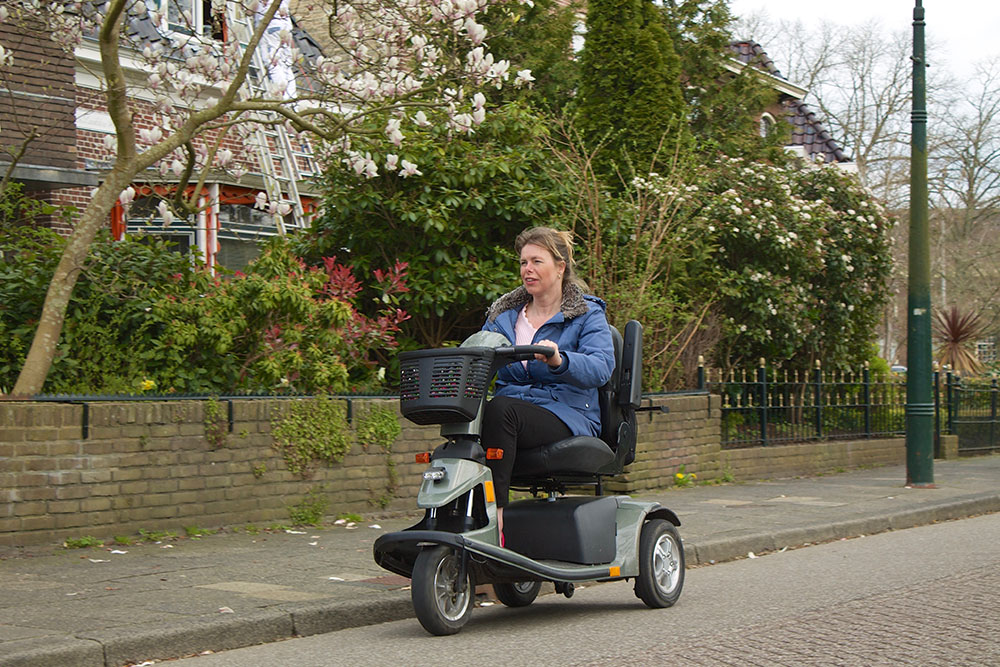Essential Factors When Selecting a New Laptop
Choosing the perfect laptop involves considering its intended use, portability, design, and connectivity features. Evaluating these factors helps you select a device that offers the best performance, durability, and comfort for your needs. Research and expert advice can further aid in making an informed decision, ensuring long-term satisfaction with your purchase.
Sponsored

Key Factors to Consider When Choosing a Laptop
Selecting the right laptop requires careful thought and understanding of your specific needs. Whether for personal use or professional tasks, the ideal device depends on your intended activities. Conduct thorough research on hardware specifications, software capabilities, and user reviews to make an informed decision. Knowing your requirements helps narrow down options and ensures you choose a device that aligns with your performance expectations. Proper planning prevents future dissatisfaction and guarantees a satisfying purchase experience.
Key points to remember:
Intended Usage: Laptops serve different functions depending on the user. Light users may mainly browse the web, check emails, and do light social media, while others require systems for streaming content, creating documents, or multitasking with design or editing software. Heavy-duty users such as graphic designers or video editors need powerful processors and larger memory to handle intensive tasks effectively. Matching your usage with the right hardware specifications will ensure optimal performance.
Portability and Size: Laptop portability is a key consideration. Storage capacity, screen size, and additional features like DVD drives influence weight and size. Lighter models (around 3 lbs or less) cater to minimal tasks, while mid-range options (4-5 lbs) balance portability with power for everyday use. Heavier laptops (6 lbs or more) are suited for advanced processing needs, offering larger screens and higher specs.
Design and Comfort: Evaluate the look and feel of the device. Check materials like aluminum or plastic for durability and weight. Ensure hinges and clasps are sturdy for longevity. Keyboard layout, including the presence of a numeric keypad, and a responsive trackpad are vital for comfort. Feel the laptop physically, and review user feedback and product images to assess its ergonomics and build quality.
Connectivity and Ports: Modern laptops come with various connection options. Bluetooth integration simplifies pairing with peripherals like speakers and smartphones. Ports like USB (including USB 2.0), HDMI, SD card slots, and audio jacks facilitate data transfer and device connectivity. Confirm that the laptop supports your external device needs before purchasing.
For the best purchase experience, consult customer support of reputable brands or buy from trusted online retailers. Ensure the dealer offers comprehensive after-sales support and accessories to meet your requirements.






